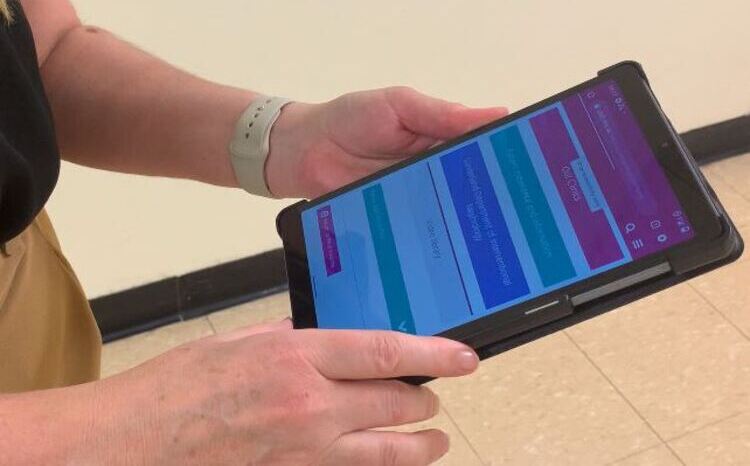Healthcare IT primary care news in brief
- 29 January 2016

System to reduce medication errors rolled-out across East Midlands
A system for reducing medication errors – Pharmacist-led Information technology intervention for reducing Clinically important Errors in medication management – is being rolled out to 150 East Midlands general practices – with plans to increase this to 500 by the end of 2016. Pincer is being rolled out with support from the East Midlands Academic Health Science Network. Roll-out began in July 2015 and the system is already used by four CCGs; it is now being extended to a further 12.
London CCGs get prescribing decision support system
Medicines optimisation software OptimiseRx has been procured by a federation of five London CCGs under a new framework from NHS Shared Business Services. NHS Central London, Ealing, Hammersmith and Fulham, Hounslow and West London CCGs have purchased the patient-specific medicines optimisation software, which is already being used by more than 220 GP practices across North West London.
New technology to help GPs on the move
GPs in Fylde and Wyre will be given tablet computers with remote access to patient records to help local doctors see more patients in their home. The computers are being funded by Fylde and Wyre CCG, which has moved all of its practices on to Emis Web. The plan is for tablets to gradually take the place of desktop computers via the use of docking stations for GPs to plug the tablets in.
University to analyse big data for pharma company
Manchester Metropolitan University will analyse data from anonymised patient records in the Clinical Practice Research Datalink for pharmaceutical company, Astellas. University researchers will look at the economic and clinical health outcomes of certain medications to provide ‘real world’ evidence of which medications were clinically effective and cost-effective. This research will allow GPs to develop tailored medical treatment pathways for individual patients in an attempt to improve compliance and ensure patients continue to use their medications.
Gateshead GPs halve A&E visits for frail elderly
Oxford Terrace and Rawling Road Medical Group in Gateshead has halved A&E visits for frail elderly patients using technology from Emis Health. The practice is using personalised care planning and shared records via Emis Web to enable their complex care team to care for those at risk of hospital admission. The GPs identified 2500 patients who did not need immediate care from community matrons or GPs but who were at risk of hospital admission because of broader health or social issues associated with age and frailty. Over nine months, A&E attendances and admissions fell by 54% and requests for home visits from the GP dropped by 81%. The practice had received around eight discharge letters every day – it now receives just three or four a week.




